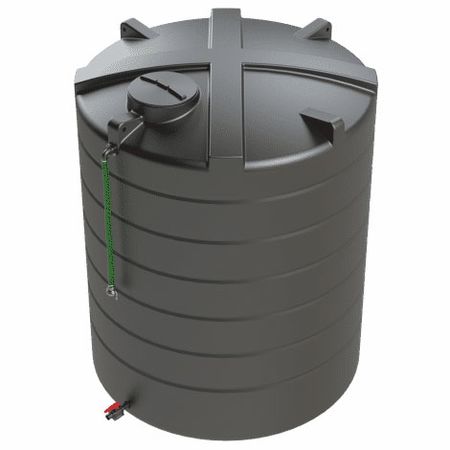Major Law Change Sees Restrictions On The Use Of Red Diesel

A major change in the law restricting the use of rebated diesel fuels to a much more limited set of purposes is set to come into force in April, despite criticism from haulage groups.
The legal reforms, announced in November 2021 and expected to come into force on 1st April, affects diesel dispensers that use rebated gas oil and requires some industry sectors to switch to so-called ‘white’ diesel, which is subject to different tax rates.
Red diesel is a diesel fuel mixed with a red dye that coats its internal mechanisms, which is a telltale sign for inspectors that it has been used.
As of April 2022, it can only be used:
· In agriculture, horticulture, forestry and fish-farming
vehicles and machinery.
· To fuel rail vehicles, both passenger and freight.
· To provide heat and electricity in non-commercial
generators, such as heating homes, places of worship, town halls and hospitals,
as well as generating power off the grid, and for powering the amenities
permanently moored houseboats, although not to provide propulsion.
· Maintaining amateur sports clubs and golf courses.
· Fuel for marine craft, except for private pleasure craft
in Northern Ireland.
· Powering the machinery and caravans of travelling
circuses and fairs.
Outside of this, people must use white diesel instead, and the government has recommended that businesses run down their stocks of red diesel and consider the cost implications of the switch.
Using red diesel illegally is considered to be a form of tax evasion, and trying to remove the dye is considered fuel laundering in the eyes of the law.
Some
concessions have been reached. For example, agricultural shows and ploughing
matches, which were believed to be under threat by the new legislation are
still allowed to be used.
This
mirrors a similar stand-off in 2008 where the government of the time attempted
to ban the use of red diesel in agricultural shows but backed down under
pressure.










